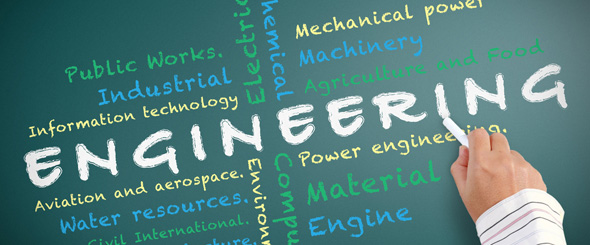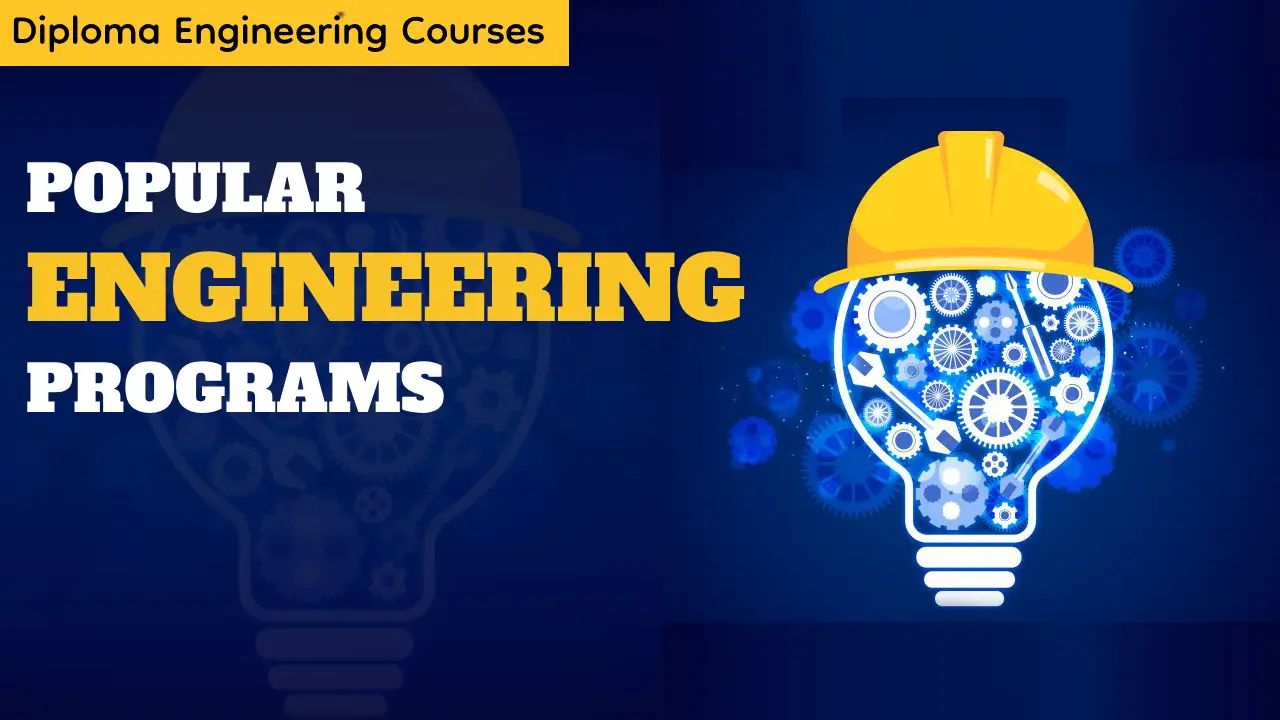Career Paths
Mechanical Engineering in Kenya: A 2025 Guide for KCSE Graduates
Discover everything you need to know about studying Mechanical Engineering in Kenya — including sub-branches, programs, entry requirements, and career opportunities for KCSE 2025 graduates.

What is Mechanical Engineering?
Mechanical Engineering applies physics, mathematics, and materials science to design, analyse, manufacture, and maintain mechanical systems. These systems range from tiny precision components to large-scale machinery and energy systems. Mechanical engineers design engines, HVAC systems, manufacturing equipment, and even robots — anything that involves motion, heat, and energy.
In Kenya, Mechanical Engineering combines both theoretical knowledge and practical training. Students learn in workshops and laboratories using modern CAD software and real-world projects that prepare them for the country’s growing industrial and technological sectors.
Why Study Mechanical Engineering in Kenya?
- Kenya’s industrial and infrastructure growth under Vision 2030 has created high demand for mechanical engineers.
- The field offers flexibility to work in various industries, including energy, manufacturing, transport, and construction.
- Multiple study pathways exist — from TVET certificate and diploma programs to full degree courses at universities.
Accredited Programs and Where to Study Mechanical Engineering in Kenya
Several public and private universities in Kenya offer accredited Mechanical Engineering programs. Most degree programs require a minimum KCSE mean grade of C+ (plus) with strong performance in Mathematics and Physics.
Leading Universities and Colleges
- Jomo Kenyatta University of Agriculture and Technology (JKUAT): Offers a Bachelor of Science in Mechanical Engineering. This five-year program includes hands-on design, research, and practical workshops.
- University of Nairobi (UoN): Provides a BSc in Mechanical Engineering and BSc in Mechanical and Manufacturing Engineering, combining theoretical and applied training.
- Moi University: Offers a Bachelor of Engineering in Mechanical and Production Engineering emphasizing industrial production and automation.
- Technical University of Kenya (TUK): Offers Bachelor of Engineering (Mechanical Engineering), Bachelor of Technology (Mechanical Engineering Technology), and Diploma in Mechanical Engineering programs.
- Other Institutions: Dedan Kimathi University of Technology, Kenyatta University, Egerton University, and Technical University of Mombasa offer related programs such as Mechanical & Manufacturing Engineering or Mechanical Technology.
Tip: When applying through KUCCPS or directly to a university, check the exact course title and its focus areas — for instance, “Mechanical & Manufacturing” versus “Mechanical & Production” Engineering.
Entry Requirements for Mechanical Engineering Programs in Kenya
- Degree Entry (Direct): Minimum KCSE mean grade of C+ (plus) with at least C+ in Mathematics and Physics.
- Diploma Entry: Holders of a Diploma in Mechanical Engineering or Engineering Technology from a recognized institution may join at second or third year.
- TVET Entry: Certificate and diploma courses in Mechanical Engineering (examined by KNEC, NITA, or TVETA) are available for those with lower KCSE grades.
Main Sub-Branches of Mechanical Engineering
Mechanical Engineering is a broad discipline with several sub-specializations. Below are the main sub-branches and their focus areas:
1. Automotive Engineering
Focuses on the design, manufacture, and maintenance of vehicles. You will study internal combustion engines, vehicle dynamics, and auto-electronics.
Careers: Automotive engineer, vehicle maintenance engineer, fleet manager, or design engineer.
2. Mechatronics and Robotics
Combines mechanical, electrical, and control engineering to create intelligent systems such as robots and automation devices.
Careers: Automation engineer, robotics designer, or control systems specialist.
3. Thermal and Energy Engineering
Involves heat transfer, thermodynamics, and power systems such as turbines, refrigeration, and HVAC design. This field supports Kenya’s push for renewable energy and sustainable infrastructure.
Careers: Energy systems engineer, HVAC specialist, or power plant technician.
4. Manufacturing and Production Engineering
Focuses on production processes, machining, quality control, and industrial design. You’ll learn how to optimise production lines and implement lean manufacturing systems.
Careers: Production engineer, process supervisor, or manufacturing consultant.
5. Materials and Metallurgical Engineering
Deals with material science, welding, and corrosion analysis — key areas in industrial fabrication and construction.
Careers: Materials engineer, quality control analyst, or metallurgical technician.
6. Design and Machine Elements
Involves mechanical design, CAD modelling, kinematics, and product development. Students learn to create and analyse machine components.
Careers: Design engineer, product development specialist, or CAD technician.
7. Aerospace and Aeronautical Engineering
Specializes in aircraft structures, propulsion, and aerodynamics. Though limited in Kenya, this specialization is emerging through partnerships in aviation and defense technology.
Careers: Aircraft technician, aeronautical engineer, or maintenance engineer.
Course Outcomes and Skills Gained
Upon completing a Mechanical Engineering program in Kenya, graduates will be able to:
- Design and analyse mechanical systems using CAD and simulation software.
- Apply thermodynamics, fluid mechanics, and materials science principles to solve engineering problems.
- Manage manufacturing and maintenance operations effectively.
- Develop sustainable and energy-efficient engineering solutions.
- Work collaboratively in multidisciplinary teams and manage engineering projects.
Career Prospects for Mechanical Engineers in Kenya
Mechanical engineers are highly sought after across Kenya’s growing industrial and energy sectors. Key areas of employment include:
- Manufacturing and Industry: Factories and processing plants hire engineers for production and maintenance management.
- Energy and Power: Organisations such as KenGen and Kenya Power employ engineers in power generation and transmission systems.
- Automotive and Transport: Vehicle assembly plants, logistics companies, and transport agencies require engineers for design and maintenance.
- Construction and Infrastructure: Mechanical systems in buildings, elevators, and HVAC installations.
- Oil, Gas, and Mining: Opportunities in equipment maintenance, process design, and plant operations.
- Research and Academia: Teaching and research positions in universities and technical institutes.
- Entrepreneurship: Many mechanical engineers establish fabrication workshops, machine repair services, or manufacturing startups.
Professional Registration and Certification
After graduating, engineers in Kenya must register with the Engineers Board of Kenya (EBK) to practice professionally. Graduates start as Graduate Engineers and later advance to Professional Engineers after meeting experience and examination requirements. Membership in the Institution of Engineers of Kenya (IEK) and ongoing professional development are recommended for career growth.
Practical Tips for KCSE 2025 Graduates
- Identify your interests early — for example, vehicles, machines, or automation — to select the right sub-branch.
- Check specific university and KUCCPS entry criteria before applying.
- If your KCSE grade is below C+, consider starting with a diploma in Mechanical Engineering at a TVET college.
- Gain hands-on experience through internships, workshops, or robotics clubs.
- Learn design and simulation software such as AutoCAD, SolidWorks, and MATLAB to boost employability.
- Apply for scholarships and HELB loans to finance your studies.
- Network through engineering forums and industry events to find mentorship and job opportunities.
Applying Through KUCCPS and Other Options
Most KCSE graduates apply for degree and diploma programs through the Kenya Universities and Colleges Central Placement Service (KUCCPS). Always verify intake periods, cut-off points, and cluster subjects. Private universities and TVET institutions also offer direct application routes.
Further Study and Specialization
After completing a degree, graduates may pursue advanced specializations such as:
- Renewable Energy Engineering
- Robotics and Automation
- Manufacturing Systems Engineering
- Thermal Engineering
- Materials Science
- Quality and Industrial Management
Short professional courses in PLC programming, HVAC certification, or quality assurance are also valuable for skills enhancement.
Conclusion
Mechanical Engineering remains one of the most versatile and rewarding engineering disciplines in Kenya. It offers multiple pathways — from diploma to degree — and leads to diverse, well-paying careers across the energy, industrial, and technological sectors. As a KCSE 2025 graduate, your interest in machines, design, energy, or innovation can shape a fulfilling future in engineering.
Choose your program wisely, seek accredited institutions, and commit to continuous learning and innovation. Kenya’s growing industries are looking for creative mechanical engineers to drive the nation’s next wave of development.
Start your journey today — explore Mechanical Engineering programs through KUCCPS or directly from Kenyan universities and technical institutes near you.










